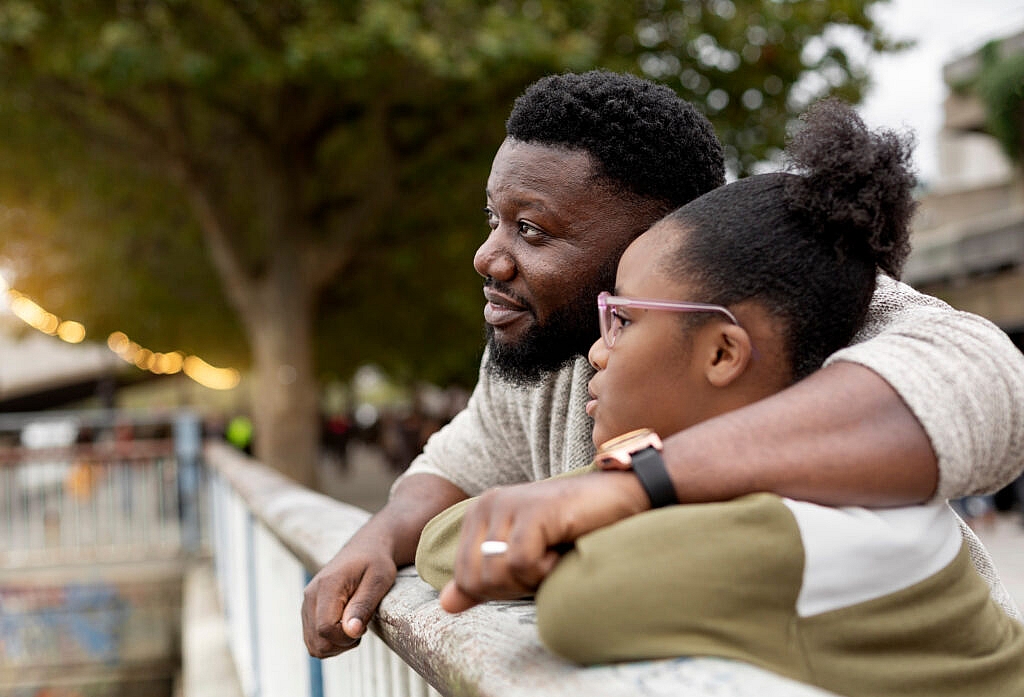Loss is a strange thing. It’s hard to explain and even harder to carry. It lingers—quietly, persistently—like a shadow. As a pharmacist, I spend much of my time helping people manage pain. But there’s a kind of pain no prescription can touch—the ache of losing someone who shaped your world in unseen ways.
That’s what I felt when I heard about the passing of Ravi Zacharias.
To say I grieved would be putting it mildly. Ravi wasn’t just a well-known Christian apologist; he was someone I admired deeply, someone whose words helped anchor my faith. I often referred to him, affectionately, as “Uncle Ravi.” Through his talks and writings, I learned how to have meaningful, respectful conversations about my faith—especially during the tough times when I questioned everything.
As a husband and father, I try—imperfectly but sincerely—to live by the values of my Christian faith. I want love and integrity to be the foundation of my relationships with my wife and children. And for a long time, Uncle Ravi was a model of how to stand firm in faith while engaging the world with wisdom and grace.
So, imagine the shock—no, the heartbreak—when, just weeks after his death, allegations of sexual misconduct against him came to light. Not one isolated case, but many. It felt like the ground shifted beneath me.
How could someone I admired so deeply—someone who defended the truth so powerfully—be living a double life?
Like many, I was confused, angry, and overwhelmed with sadness. His son, Nathan Zacharias, has worked tirelessly to defend his father’s legacy, pouring his pain into a website, defendingRavi.com. My heart aches for him. No child should have to spend their life defending the memory of a parent they loved and trusted.
That thought stopped me in my tracks.
Would I want my children to spend their lives defending my name after I’m gone?
The Bible says in Proverbs 22:1, “A good name is to be chosen rather than great riches, and loving favor rather than silver and gold.” And suddenly, that verse hit me with full force.
Yes, I want to leave my kids financial freedom and stability. But more than that—I want to leave them a legacy they can be proud of. One built on integrity, faithfulness, and love.

I know what it’s like to grow up in the aftermath of dysfunction—absent fathers, broken promises, shattered homes. I’ve lived through the consequences of unfaithfulness and irresponsibility. And I’m determined not to pass that cycle down to my own children.
So this is my commitment: I want my kids to remember me not just as a provider, but as a man of character. Someone who stumbled, yes—but who always got back up. Who loved deeply, gave generously, and stayed faithful even when it was hard.
Fathers, if you’re reading this—I know we all have our struggles. None of us are perfect. But the question we need to ask ourselves is this: Are we leaving our children a legacy worth inheriting?
For me, the fall of Ravi Zacharias was more than a news story. It was a wake-up call. I had followed his ministry since 2014. I saw him as a modern-day C.S. Lewis. And in 2020—a year marked by global grief and uncertainty—his legacy crumbled in front of us all. What remained were not just the memories of great sermons, but a deep, lasting wound for his victims, his family, and his followers.
No amount of brilliance can undo that kind of pain. No ministry success can outweigh the betrayal of trust.
But here’s the hope: If you’re still breathing, it’s not too late.
It’s never too late to change course, to grow, to ask for forgiveness, to be better. Whether you’re healthy or lying in a hospital bed—if you have the mental strength to speak, you can still rewrite your story. You can still choose integrity. You can still become the man your children will be proud of.

For me, my faith is my compass. My Bible keeps me grounded. My Creator keeps me accountable. To my wife, I owe faithfulness. To my kids, I owe an honorable legacy. To myself, I owe the best version of who I can be.
What about you?
What will your children say about you when you’re gone?
Will they have to defend your reputation—or celebrate it?
Thanks for reading. If you’re a father—or someone reflecting on your own legacy—I’d love to hear your thoughts in the comments.
Kelly Kester






